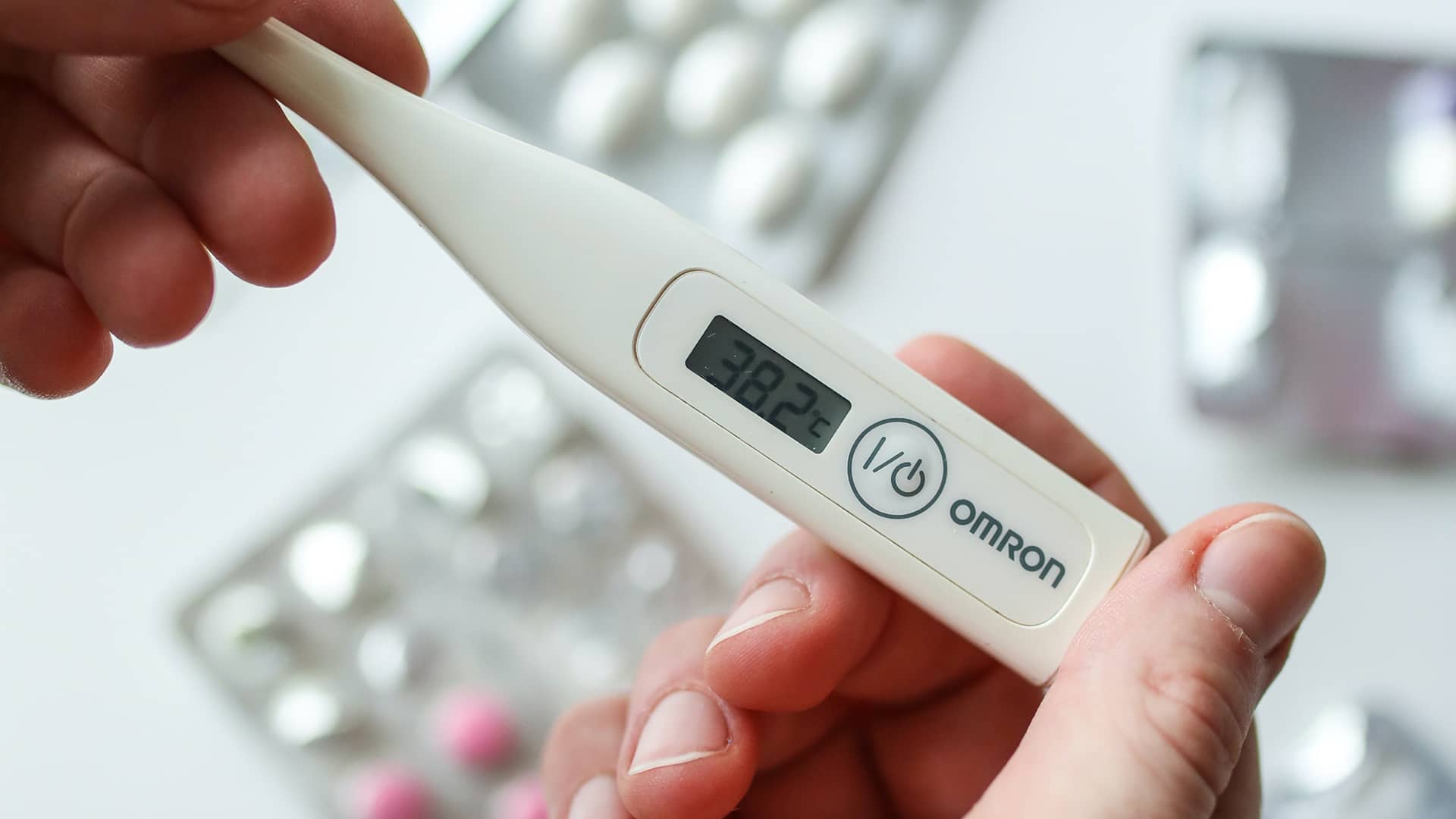
Globally there are 214 million women with an unmet need for contraception. Unmet need for family planning remains high in Kenya with about one in four married women having an unmet need for family planning. Only three in every 10 adolescents and young women are using a modern contraceptive method. Long-term investments in the sexual and reproductive health of girls and women can allow them to make important life choices such as when they marry, when they begin sexual activity, and how many children they have and when.
Young people are most likely to receive low quality reproductive health products because they often lack information, have fewer points-of-access welcoming them, struggle against societal taboo, and are more likely to fall prey to unethical marketing practices.
Young people are aware of the need to use contraception, and knowledgeable about its availability; however, they often do not think about using it, especially where sex is unplanned. Alcohol and other drugs being ‘in the moment’ are key factors which diminish the likelihood of contraceptive use. The proportion of unmarried and sexually active non-users aged 15-24 is increasing and their reproductive health needs are different from those of older married women who have been the traditional focus of family planning activities in Kenya.
Access to high-quality, affordable sexual and reproductive health services and information, including a full range of contraceptive methods, is fundamental to realizing the rights and well-being of women and girls. Universal access to effective contraception ensures that all adults and adolescents can avoid the adverse health and socioeconomic consequences of unintended pregnancy and have a satisfying sexual life.
In order to ensure that young people access modern contraceptive methods the following are recommendations to facilitate the process:
- Integrate SRH services into the provision of primary healthcare services and universal health coverage,
- Make menstrual care products available and affordable for all girls and young women, to minimize health problems and absence from school or work, Reach
- more young people by setting up confidential, affordable youth-friendly and youth-led health settings where they can access supplies,
- Address myths and misconceptions around contraceptives and sexual pleasure arising from social norms, religious beliefs and cultural barriers,
- Invest in training, mentorship and leadership opportunities for young people and youth organizations that may include, among others, understanding of supplies data for advocacy, and how to conduct dialogues with decision makers
- Empower young people by giving them accurate, youth-friendly and age-appropriate information on SRH methods and how to find trusted health facilities, so they can make their own method choice.
Author: Doris Kathia, Ms. Kathia is a Sexual and reproductive health and rights advocate and a communication expert.


